With the number of resources decreasing and the number of patients rising, healthcare professionals at the front lines of this pandemic have had to make tough and sometimes heartbreaking choices - if you have one ventilator and three different patients, who do you give it to? In the United States, hospitals and states are rushing to offer some sort of ethical guideline to ensure that individual doctors do not have to make these decisions by themselves. However, in places like Italy, which has been devastatingly struck by COVID-19, doctors have to make some of these decisions by themselves. And, soon, America may reach a point where it comes to that.
The issue is that there is no nationally agreed-upon triage system. Right now, its more of an every-hospital-for-themselves approach. But the reason for this is not just medical, but political. Some fear that a national guideline would allow families, whose affected members were not prioritized under the system to point a finger at the government and say, "You killed my mom, dad, or grandparent." While this is understandable, a patchwork system like the one we have not is incredibly inefficient. With so many people dangerously ill, hospitals do not have time to weigh all the possibilities of every individual case, so we need a unified system to have the quickest and fairest outcome in each state.
But what would a federal guideline need to consider?
Age
Does doing the "greatest good" mean saving the greatest number of lives or the most amount of years? In the case of age, many ethicists believe there should be an age cut-off, often at 80 years old. But who how old is too old? Some states consider age as a factor, others don't, and some use it as a tiebreaker between patients. However, many believe this to reek of age discrimination. While I do agree that an age cutoff is quite ageist, the older a person gets, the weaker their immune system becomes. From a purely medical standpoint, older patients will have less of a chance of survival even with a ventilator. Does that mean a younger patient with an already fatal case of COVID-19 be prioritized before an 80-year old with a mild case? Of course not. But it should be a second-tier consideration.
Healthcare Workers
Should sick healthcare workers be prioritized over others? On one hand, these are the fighters who are risking their lives and their families' lives to ensure the health of society. They deserve to know that their risk-taking will be honored and that we will have their backs. On top of that, the faster afflicted healthcare workers can work again, the more professionals we will have on the front lines to help future cases. On the other hand, it would be entirely wrong to have a hospital only caring for healthcare workers with the general public shut out. The essential workers are also risking their lives and they need to be honored as well. Moreover, many individuals who have recovered from COVID-19 still have underlying issues that prevent them from working - prioritizing healthcare workers will not necessarily translate to more workers in the hospitals. This is a hotly debated issue because both ends of the spectrum are justified, but it needs to be considered when devising a federal plan.
Pre-Existing Conditions and Social Factors
This is where the waters get even more muddy. Based on underlying health issues like cancer or diabetes, should doctors take it upon themselves to estimate the number of years a patient may survive or what their quality of life will be after recovery? Should they consider social factors like dependent children? These are far beyond the scope of a doctor's practice and only emphasize the need for expert ethicists to collaborate on a national structure to consider these factors.
A final option to bypass a guideline is a lottery system. A literal random decision to choose who gets a ventilator. The issue with this is that it may not be in the best interest of an efficient ending to the pandemic. We want to save as many people as we can as fast as we can and that requires tough decisions. But then the actual problem reveals itself: we have an administration that refuses to make those tough decisions.
Trump refuses to take accountability for any action, including triage guidelines and mandatory social distancing orders, and forces the states and hospitals to make their own so that he is not to blame. So where does the burden fall? On the healthcare professionals. Trump wants people to blame doctors, hospitals, state governors, anybody except himself for the crisis that he put us in with his delayed response. When someone's grandmother, mother, father, or sibling dies, he wants the family to point the finger at the doctors who are working day and night at the front lines, while he sits safely in the White House watching the country burn when he's the one who lit the match.

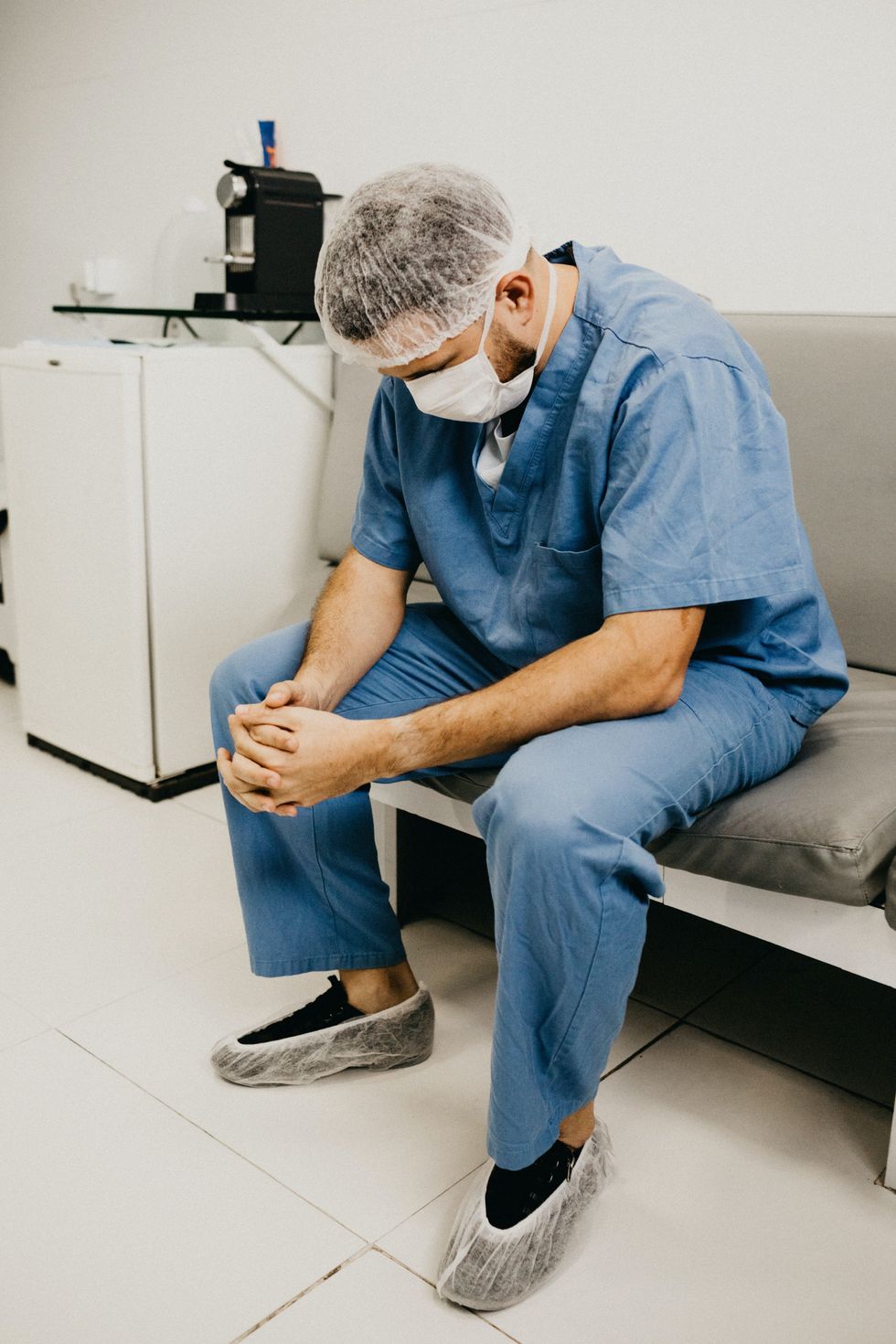

 Photo by
Photo by  Photo by
Photo by 

 Photo by
Photo by 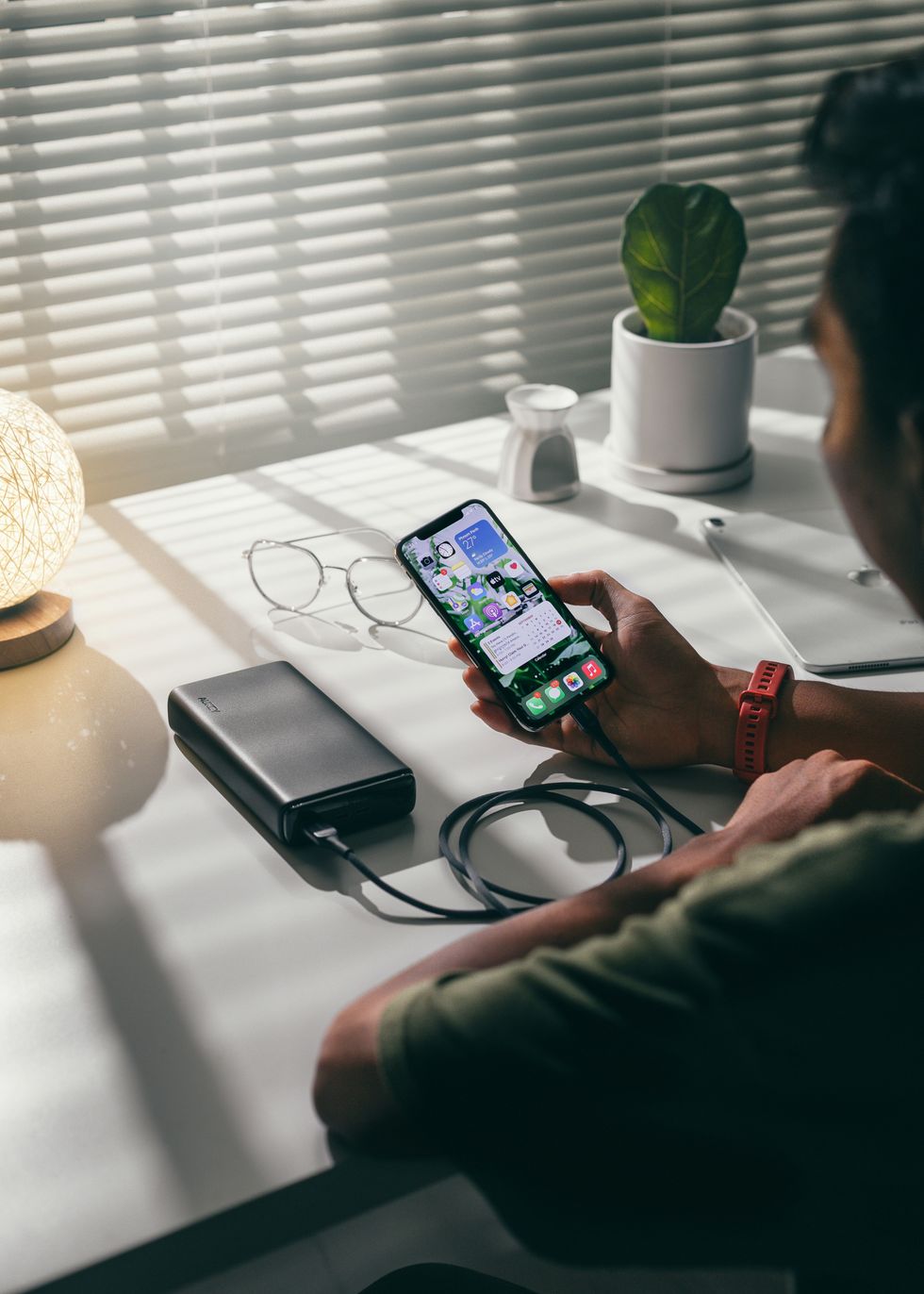 person holding black smartphone on white textile
Photo by
person holding black smartphone on white textile
Photo by 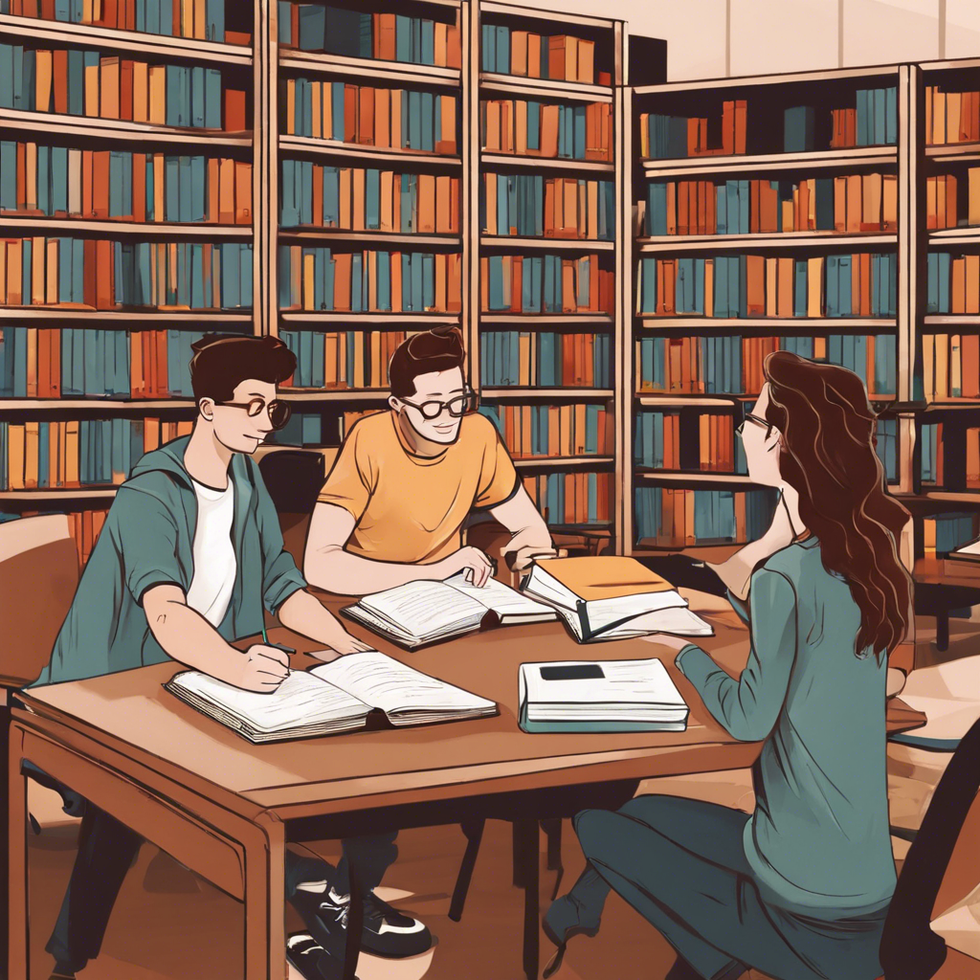 StableDiffusion
StableDiffusion
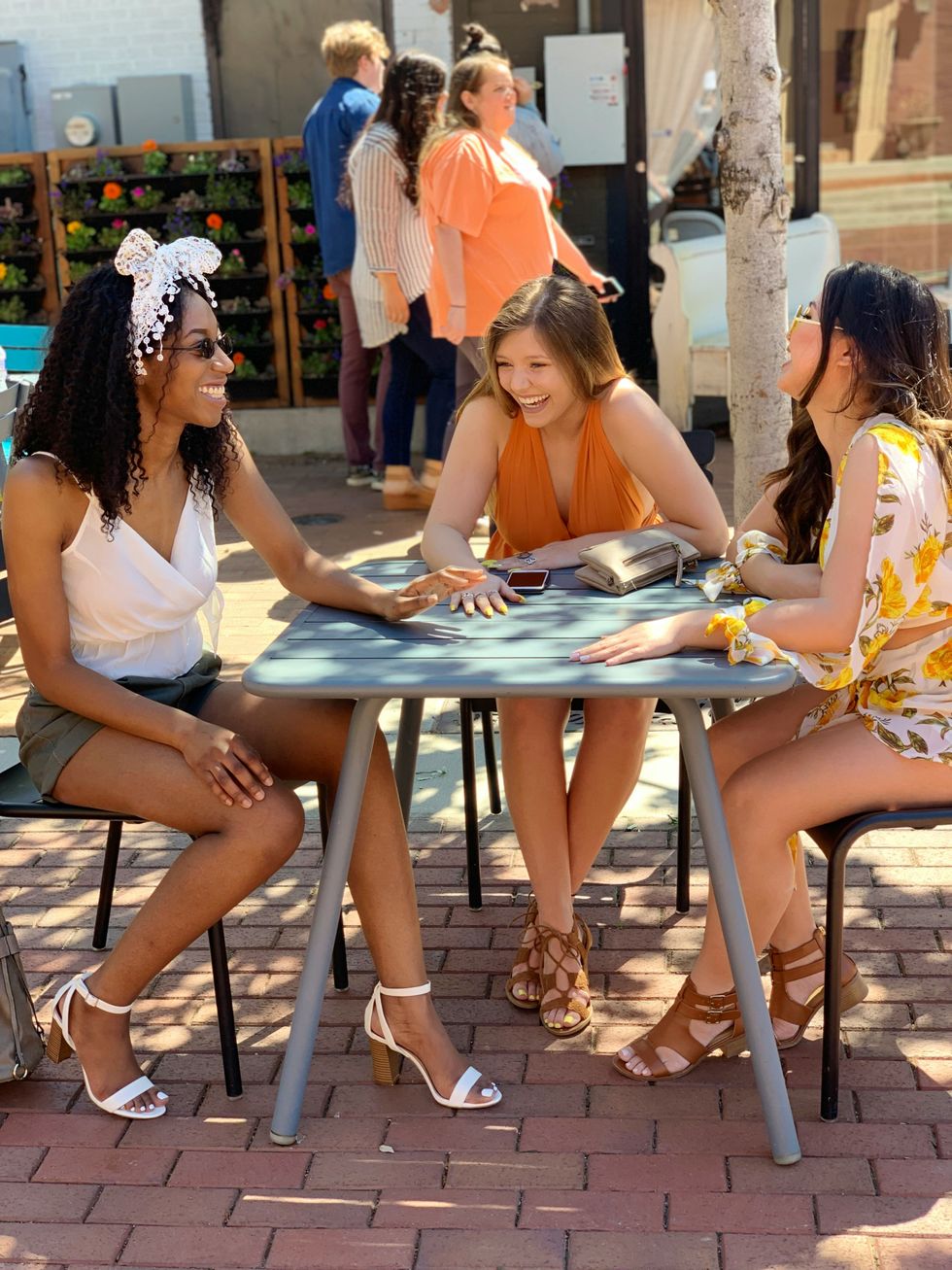 Photo by
Photo by  Photo by
Photo by 
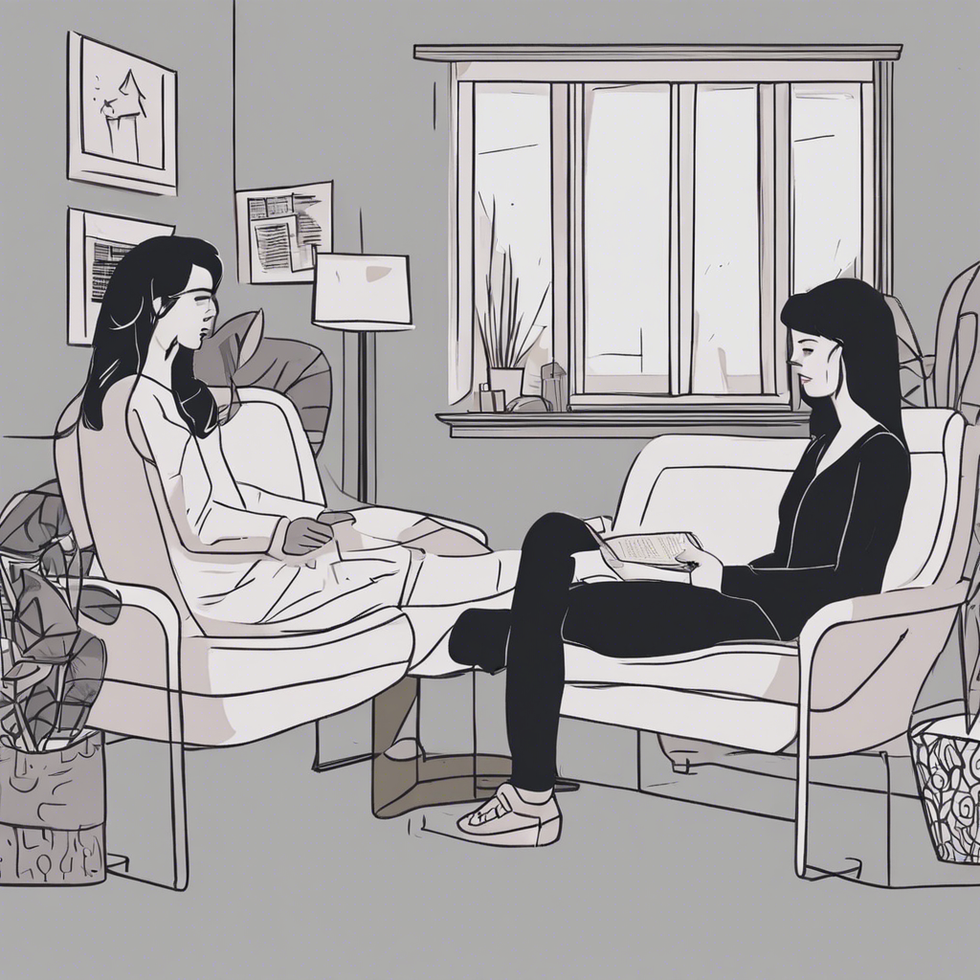 roommate as a therapist
StableDiffusion
roommate as a therapist
StableDiffusion
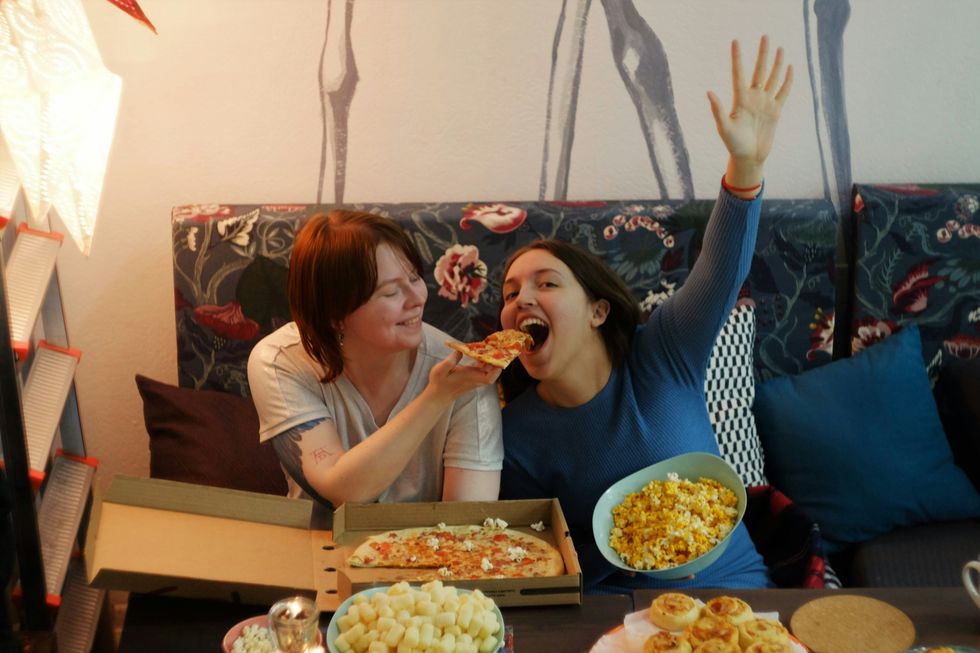 woman in white shirt eating pizza
Photo by
woman in white shirt eating pizza
Photo by  person holding remote pointing at TV
Photo by
person holding remote pointing at TV
Photo by  person holding assorted clothes in wooden hanger
Photo by
person holding assorted clothes in wooden hanger
Photo by  a couple of
a couple of 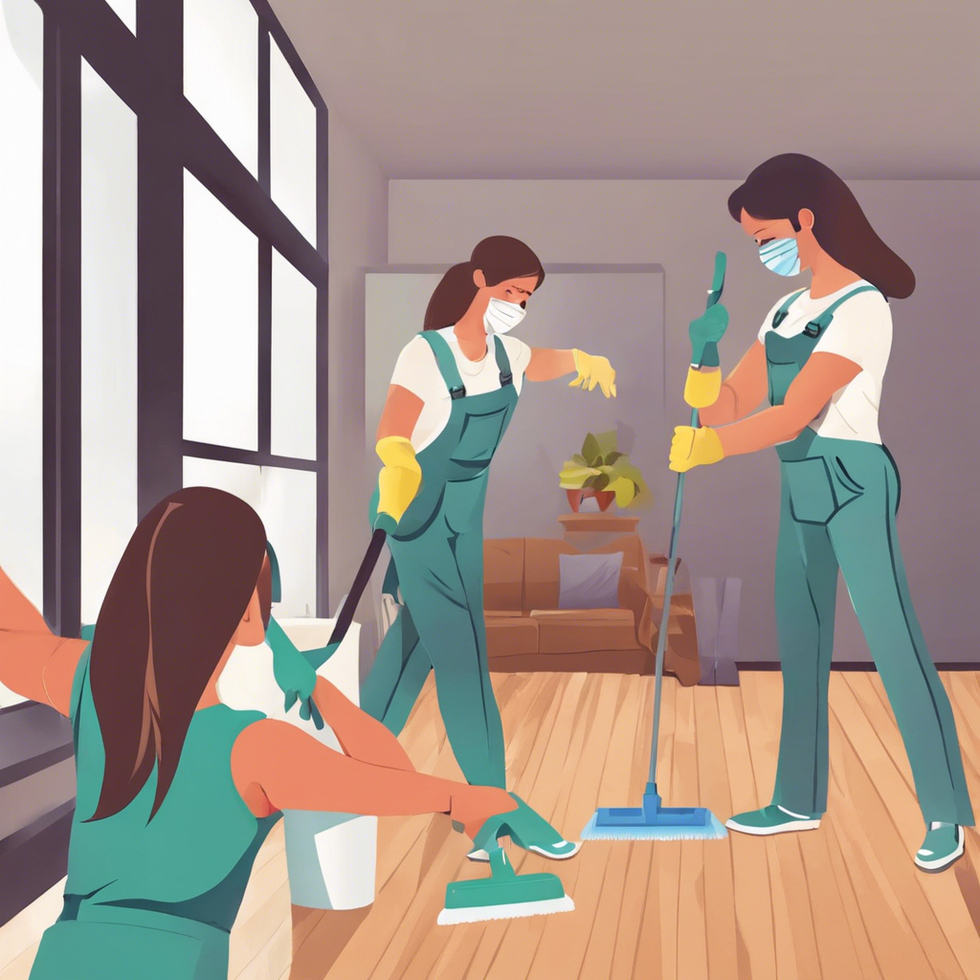 friends cleaning apartment
StableDiffusion
friends cleaning apartment
StableDiffusion
 man driving car during golden hour
Photo by
man driving car during golden hour
Photo by  bacon strips and melted cheese topped fries on oval white and blue platter with gray stainless steel forks
Photo by
bacon strips and melted cheese topped fries on oval white and blue platter with gray stainless steel forks
Photo by 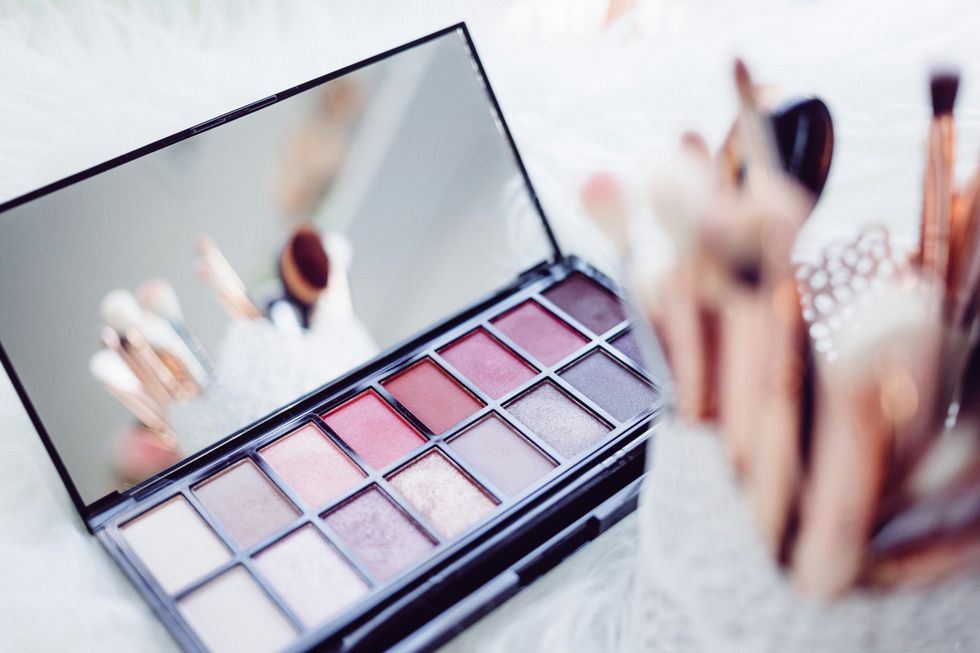 selective focus photography of eyeshadow palette
Photo by
selective focus photography of eyeshadow palette
Photo by  brown wooden framed white padded chair in between green indoor leaf plants inside bedroom
Photo by
brown wooden framed white padded chair in between green indoor leaf plants inside bedroom
Photo by 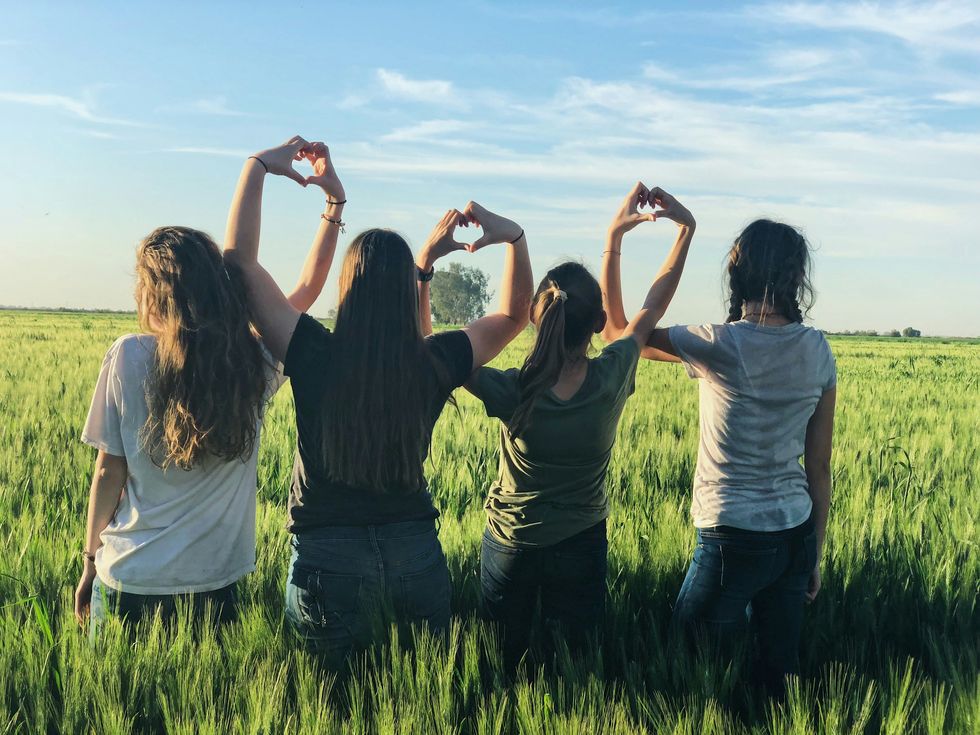 women forming
women forming  taking
taking  man in red polo shirt pouring wine on clear wine glass
Photo by
man in red polo shirt pouring wine on clear wine glass
Photo by  woman in black jacket standing on road during daytime
Photo by
woman in black jacket standing on road during daytime
Photo by 
 StableDiffusion
StableDiffusion
 StableDiffusion
StableDiffusion
 student thinking i shouldnt have procrastinated all semester
StableDiffusion
student thinking i shouldnt have procrastinated all semester
StableDiffusion
 Photo by
Photo by  Photo by
Photo by  Photo by
Photo by  StableDiffusion
StableDiffusion
 StableDiffusion
StableDiffusion
 Photo by
Photo by  Photo by
Photo by 



